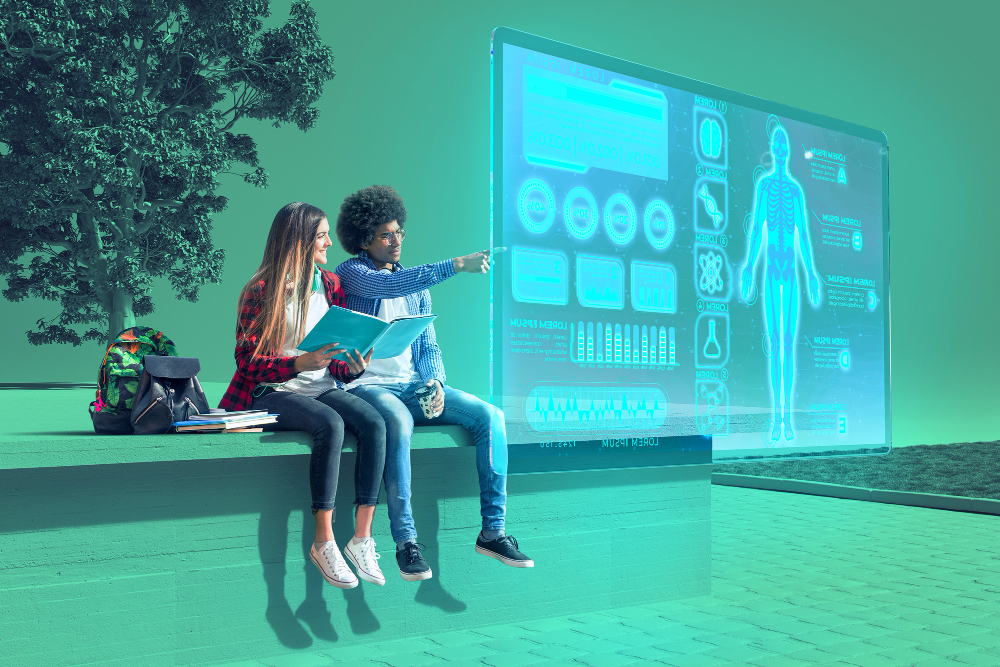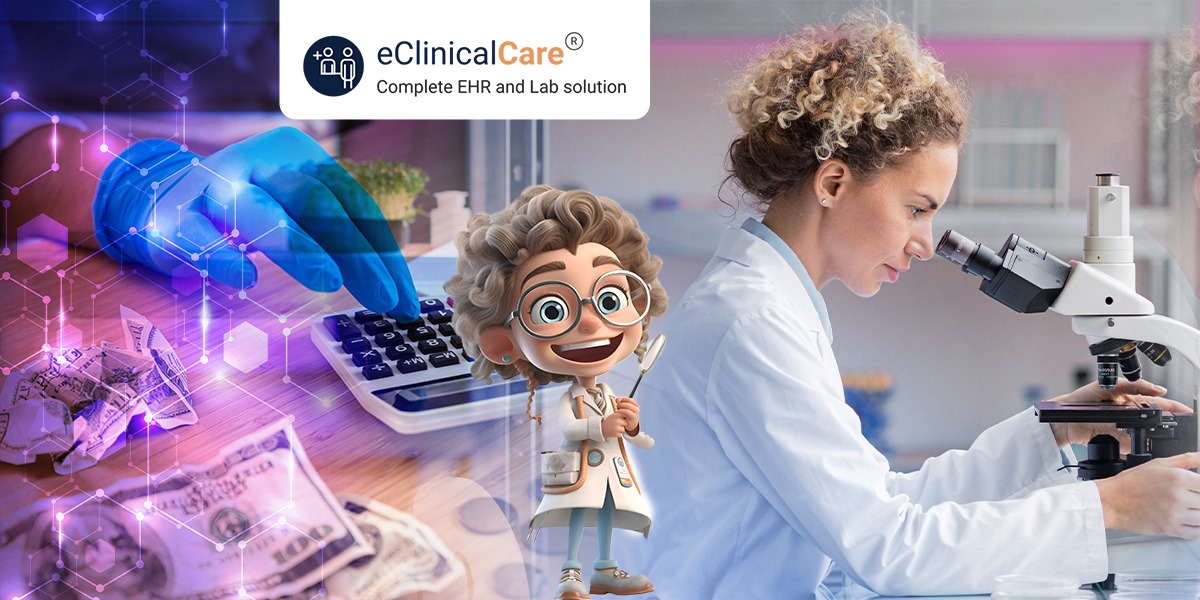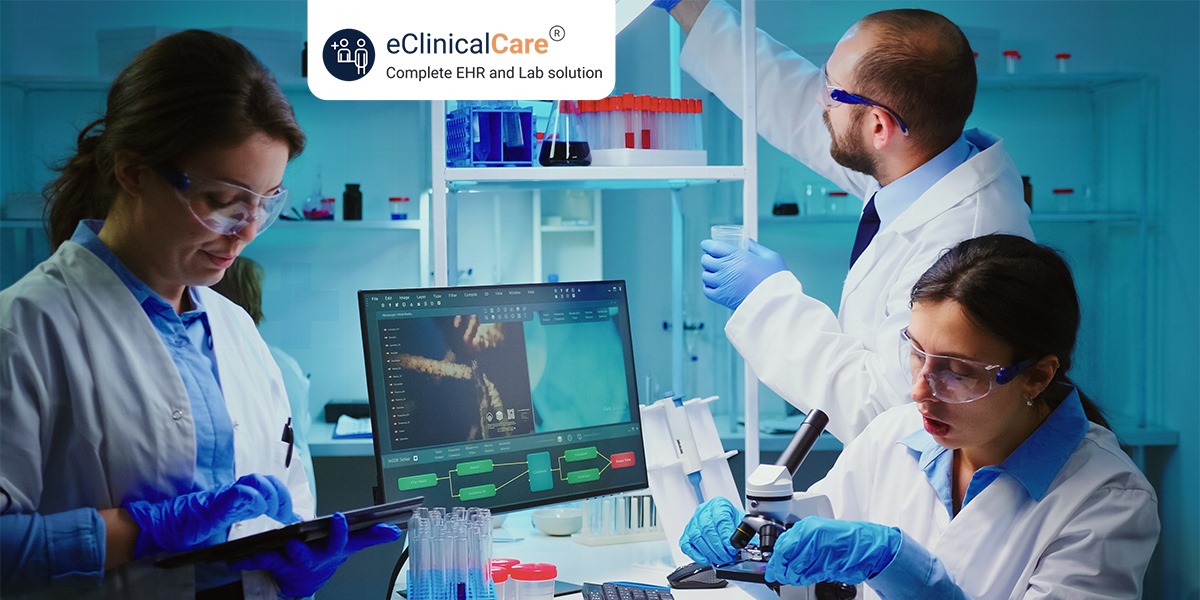Unleashing the Power of AI: How Artificial Intelligence is Driving Growth in Hospitals

Artificial Intelligence (AI) has emerged as a transformative force in various sectors, and healthcare is no exception. From enhancing patient care to optimizing operational efficiency, AI is helping hospitals to grow and adapt to the demands of the 21st century. Here’s how.
- Improved Diagnosis and Treatment: AI algorithms can analyze complex medical data such as radiological images and genetic testing results, often with equal or greater accuracy than human clinicians. This can lead to faster, more accurate diagnoses and personalized treatment plans, improving patient outcomes.
- Predictive Analytics: AI can analyze vast amounts of data to predict trends, such as potential disease outbreaks or patient readmissions. These insights enable hospitals to allocate resources more effectively, improve patient care, and ultimately, save costs.
- Enhanced Operational Efficiency: AI can automate routine administrative tasks, such as scheduling appointments, billing, or processing insurance claims. This not only saves time and reduces the likelihood of human error but also allows healthcare professionals to focus more on patient care.
- Improved Patient Experience: AI-powered chatbots and virtual assistants can provide patients with 24/7 support, answering common queries, providing health advice, and even assisting with medication reminders. This leads to improved patient engagement and satisfaction.
- Precision Medicine: AI can analyze individual patient data, including genetic information, to identify treatments that are most likely to be effective for each patient. This personalized approach can lead to better treatment outcomes and fewer side effects.
- Robot-Assisted Surgery: AI-powered robots can assist surgeons in performing complex procedures with greater precision and control. This can lead to shorter recovery times and less risk of complications.
- Drug Discovery: AI can analyze vast amounts of biomedical data to identify potential new drugs or new uses for existing drugs, significantly accelerating the drug discovery process.
Conclusion:
AI is revolutionizing the way hospitals operate and deliver care, driving growth and innovation. By leveraging the power of AI, hospitals can provide better patient care, optimize their operations, and stay at the forefront of medical advancements. As technology continues to evolve, the potential of AI in healthcare is only set to grow, promising exciting possibilities for the future of the industry.



